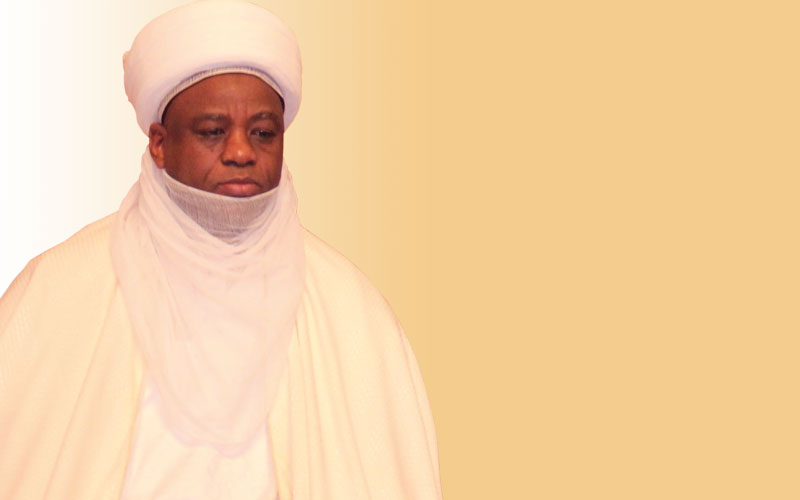One of Nigeria’s most influential states has a fascinating history of inspiring change for the greater good of its people

Delving into the history of Sokoto State reveals how it became one of Nigeria’s most influential states, having made an indelible footprint on the country’s cultural and religious development, and led by one of the most influential Muslims in the world. As a state it goes back to 1976, when it was created from the division of Nigeria’s former North-Western State in two: Niger State and Sokoto State. However, as a region, Sokoto has an illustrious past that stretches back much further.
By the late 1700s, many Muslim scholars, teachers and clerics (mallams) in the region had become disillusioned by the insecurity that characterized the Hausa States (which were predominantly spread across what is today’s southern Niger and northern Nigeria). The largely pastoral Fulani people were increasingly the victims of Hausa taxation, land control and other discriminatory and repressive practices, and some were beginning to consider a revolution was needed to overthrow the existing authorities.
One of numerous traveling Islamic scholars through the Hausa kingdoms became increasingly popular through his preaching and reformist ideas. Based in Gobir, a leading city-state, Sheikh Usman Dan Fodio was an urbanized ethnic Fulani and a leader of the Maliki school of Islam. The prominent, radical mallam was an outspoken advocate of action against the repressive authorities and called for religious reforms. He was eventually forced into exile in 1802, where – joined by his followers – he began planning a social and political revolution that would inspire a series of other jihads in West Africa in the first half of the 19th century.
He led the Fulani Jihad, or holy war, which lasted from 1804 until 1808 and overthrew the ruling dynasties controlling the states of Katsina, Daura, Kano and Gobir. The new empire was founded in 1809 and was known as the Sokoto Caliphate. Dan Fodio’s son, Muhammed Bello, transformed the semi-permanent camp of Sokoto into its capital city.
The Sokoto Caliphate was an economic success and steadily expanded to put Dan Fodio, and later his son, at the head one of the largest and most powerful empires in sub-Saharan Africa. It began to collapse in the latter half of the 1800s due to pressure from European colonialism, until finally the British conquest in 1903 of Kano and Sokoto brought the caliphate to an end, becoming part of the British Protectorate of Northern Nigeria until Nigeria’s independence in 1960.
Today, the city of Sokoto remains the center of Nigerian Islam and has a huge mosque opposite the Sultan’s palace. The current Sultan of Sokoto, Alhaji Muhammadu Sa’ad Abubakar III, is a direct descendant of Usman Dan Fodio and is one of the most respected and influential Muslims in the world. Considered the spiritual leader of Nigeria’s Muslims, who represent 50% of the country’s population, the Sultan is an active proponent of discourse and harmony among communities around the world.
0 COMMENTS